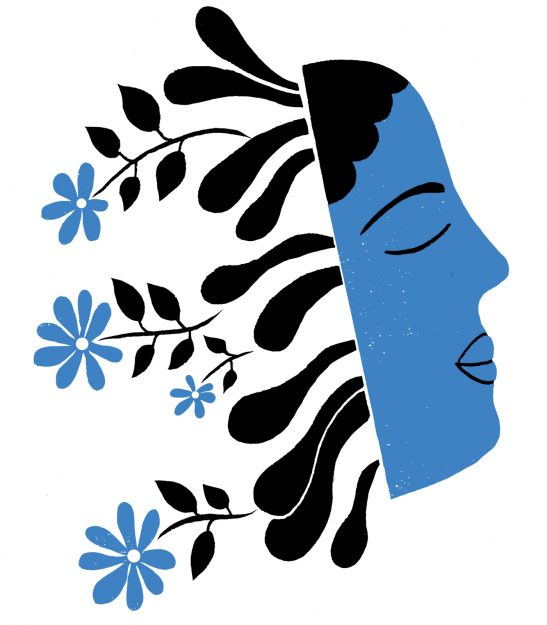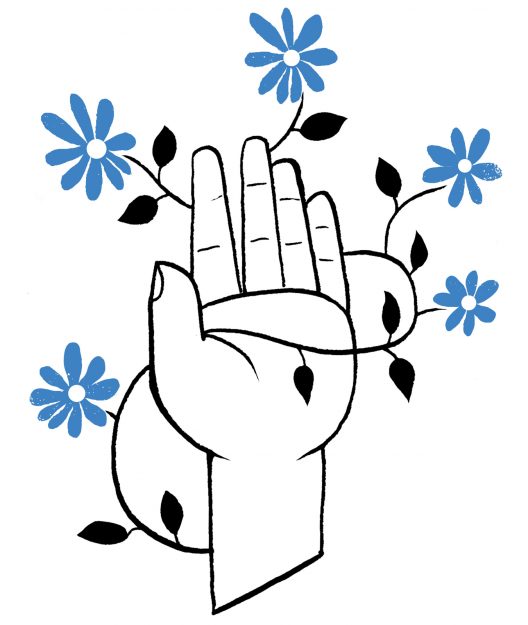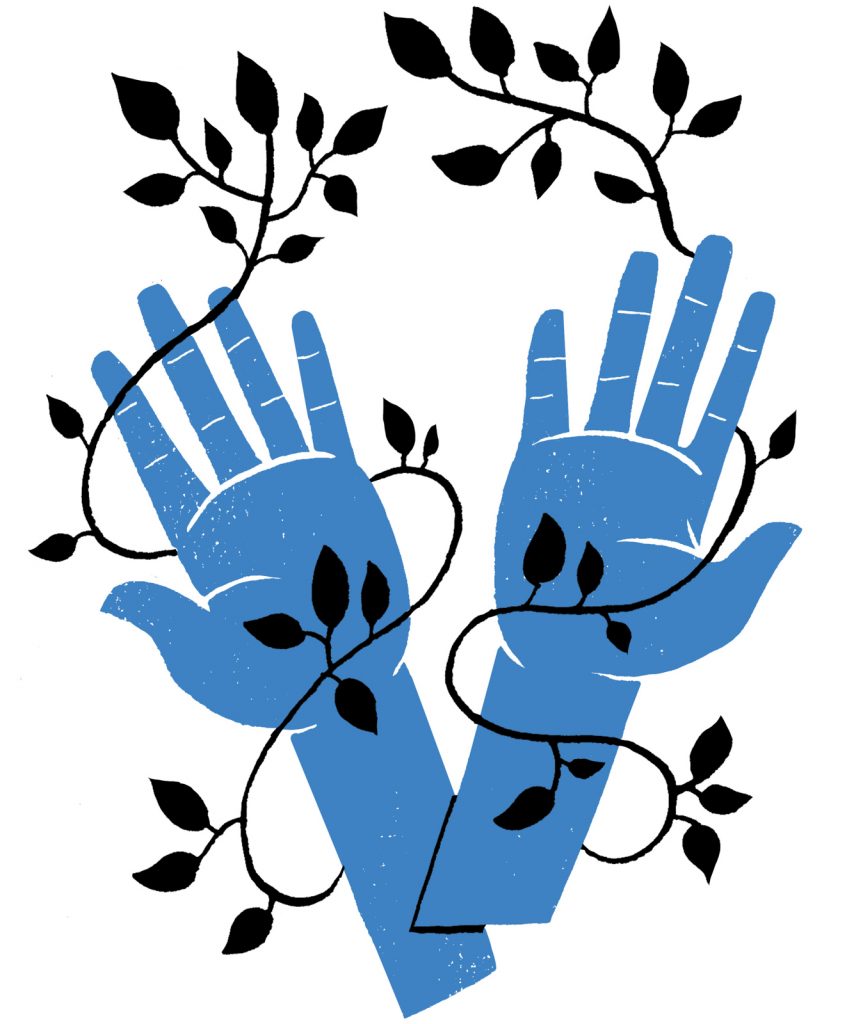If there’s one parami, or perfection, that provokes more resistance than the others, it’s probably renunciation—nekkhamma in Pali; in Sanskrit, naishkramya. Giving up anything is anathema to most Westerners, all the more if it means, as Buddhist texts tell us, “giving up the world and leading a holy life.” Steeped in comfort, we fail to grasp “the pleasure of renunciation.” But looking at renunciation with more dispassion, we can begin to see its benefit in nudging us toward enlightenment. Third of the Theravada ten perfections, renunciation is the practice of nonattachment, of not clinging to anything. In the Mahayana tradition, it’s associated with right intention and the bodhisattva commitment to serving others. And herein lies the key. Letting go of desire forever isn’t the goal; we’re bound to fail at that. It’s cultivating the intention to loosen our attachment not just to material things and sensory pleasures but to self-obsession and destructive emotions as well. Renunciation isn’t about taking monastic vows or exchanging your Tempur-Pedic mattress for a pallet; it’s about the wisdom to realize that holding on to anything impermanent only brings sorrow. Think of renunciation as the Marie Kondo of inner clutter: a good mental cleanout leads to the joy of freedom. To find true happiness we have to let go.
This is the third installment of our Pocket Paramis series of quick tips to keep in mind while working with the ten perfections: generosity, ethical conduct, renunciation, wisdom, energy, patience, truthfulness, determination, lovingkindness, and equanimity. If you need a visual reminder, a printable/downloadable version is available here.

- “Renunciation does not have to be regarded as negative. I was taught that it has to do with letting go of holding back. . . . What one is renouncing is closing down and shutting off from life.” —Pema Chödrön
- “If by renouncing a lesser happiness one may realize a greater happiness, let the wise man renounce the lesser, having regard for the greater happiness.” —Dhammapada 21 (290), trans. Acharya Buddharakkhita
- Tip: To give up overindulging—in food, drink, sex, Internet—focus on one thing at a time. For most of us, liberation isn’t a sudden but a gradual process.
- “Turning away from samsara means figuring out how to function with an open, clear mind, not a mind shut down and incapacitated by destructive emotions.” —Yongey Mingyur Rinpoche
- Going on retreat eliminates distractions, creating optimal conditions for realizing our true nature. “For lay people, meditation retreats are a form of temporary monastic renunciation,” says Gil Fronsdal.

- “Buddha renounced his life of comfort and self-indulgence as a result of discovering the hidden pain inherent in every pleasure. He realized that clinging to sensory pleasure is a hindrance to inner peace, which is true happiness.” —Lama Yeshe
- “When we renounce according to the Mahayana, we renounce clinging to ourselves and to substantiality altogether in order to gain the liberation that allows us to benefit others.” —Phakchok Rinpoche
- Tip: Renunciation is discriminating wisdom. Every five years, take everything out of your home, put it on the lawn, and only take back in what you use and love.
Thank you for subscribing to Tricycle! As a nonprofit, we depend on readers like you to keep Buddhist teachings and practices widely available.
